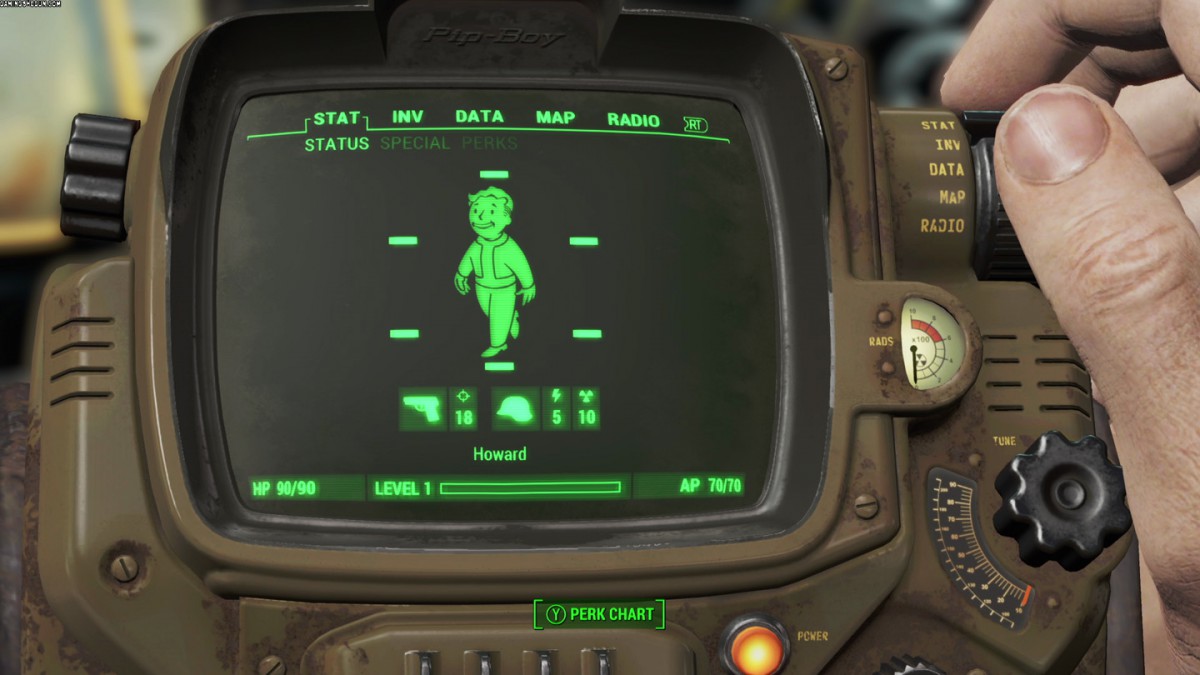So, I'm often showered with ideas and rough concepts in my mind, which I've started writing down a few years ago. My problem, however, is that whenever i start trying to actually put things into words, i seem to kind of think whatever i write is not worth wasting the ideas on, because of self-doubts from my inexperience as a writer, or whatever other excuse my mind comes up with.
First I tried to write up smaller "just for practice" -stories, but I couldn't really get myself motivated and/or find the inspiration when I'm forcing myself to write it.
I was thinking about just writing up rough, less detailed stories and keep filling it up with details once the story itself is "already written", working my way up kind of layer by layer instead of trying to write up things chronologically, but i thought it would be worth asking for advice from more experienced writers over here.
First I tried to write up smaller "just for practice" -stories, but I couldn't really get myself motivated and/or find the inspiration when I'm forcing myself to write it.
I was thinking about just writing up rough, less detailed stories and keep filling it up with details once the story itself is "already written", working my way up kind of layer by layer instead of trying to write up things chronologically, but i thought it would be worth asking for advice from more experienced writers over here.

 Acolyte
Acolyte Sage
Sage
 Vala
Vala Myth Weaver
Myth Weaver Maester
Maester